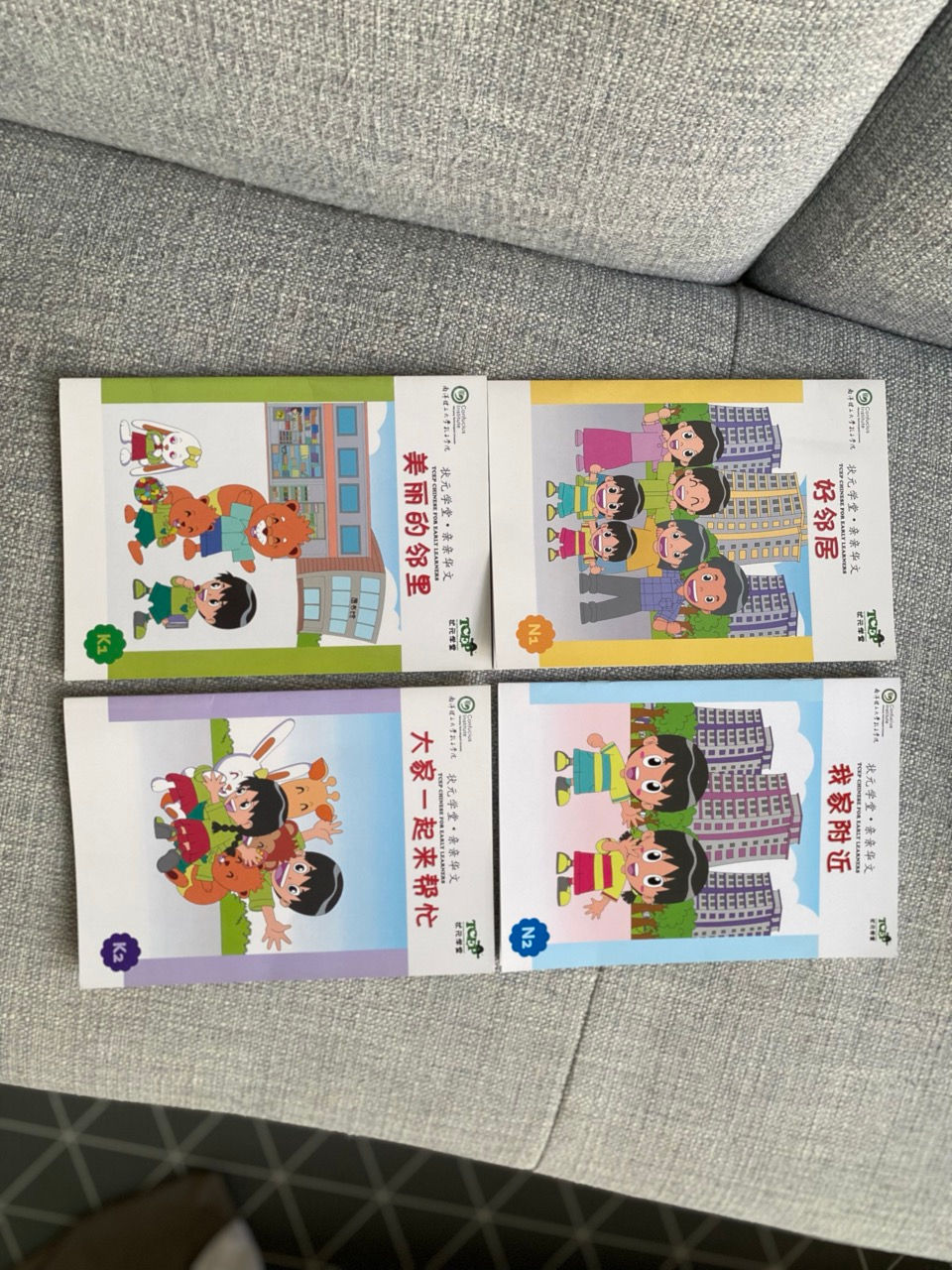Insights from attending Our Bilingual Futures, by BLIP Lab NTU
- Melissa

- Jun 5, 2023
- 3 min read
Updated: Jul 31, 2023
Hey Parent, you are your child's best language teacher!
Nope, this is not a marketing message 😅
I spent last Saturday morning attending Our Bilingual Futures sharing organized by BLIP Lab. BLIP is a Lab in the Division of Psychology at Nanyang Technological University, Singapore. At BLIP lab, researchers investigate how learning particular languages might shape the way we experience our world.

This event was free for the public and held at the beautiful campus of Lee Kong Chian School of Medicine at Mandalay Road, where BLIP Lab is headquartered. I have always enjoyed beautiful campuses and this hidden one in the center of Singapore is quiet and retains colonial beauty.

]
I came out from the space, feeling really inspired by the talk 🤩 Findings and sharing reaffirmed what BrookieKids was doing, and further stimulated potential ideas that we can explore!
More importantly, I feel empowered as a parent 👩 being able to support and build beautiful memories with my daughter as she develops.
Here are some findings/reflections that I gathered from the workshop and other resources.
1️⃣ “Interactions provide a powerful social basis for learning languages skills” (BLIP Lab)
Why is quality adult-child interactions important? When these interactions occur, “neural connections are built and strengthened in the child’s brain 🧠 that support the development of communication and social skills” (Centre of Developing Child, Harvard University

This is especially important in the early years where the child’s brain 🧠 is developing and these interactions shape the brain architecture and foundation of how the child thinks.
2️⃣ Importance of Home Language in building language skills and development
Don't underestimate (and feel empowered) by all the action that is taking place at home!
One key study showed that little ones who heard more speech at home and had more back-and-forth conversations had better language skills 10 years later.

3️⃣ Quantity and quality of home language
“…hearing many words isn’t enough, little ones need to be part of the conversation.”
A supporting study showed that children learnt better from a live interaction with a visitor to their home than they do from the same speech presented on a TV.
The quality of home language can be improved/enhanced by adding complexities to daily conversations. (Scroll to the end to see the Tips by BLIP Lab)
4️⃣ Aside from brain building and language development, interactions create bonds and strengthen family relationships. 👪
The sharing from our Bilingual Futures sparked me to research more on what could possibly improve on the quality of home language, and I chanced upon a great load of resources on ‘mental state language/words’.
This class of vocabulary includes words that describe the contents of someone’s mind or general cognitive processes (Barnes & Dickinson, 2018). Understanding mental state words gives children the ability to analyze others’ goals and motives and how these relate to the child's own goals and motives (Bretherton & Beeghly, 1982).
I will be working on further readings and a blog on this. Do subscribe to our newsletter if you would like to find out more!
Tips on improving the quality of parent-child interactions by BLIP (some of them I do personally practise too!)
In 2020 and mostly during the Covid period, BLIP Lab conducted a TalkTogether Study in Singapore. It includes a Randomized Controlled Trial of an intervention designed to enhance the ‘quantity’ and ‘quality’ of speech that parents use when interacting with their little ones, using tips and information with a strong evidence base.

Click here to access the full set of tips used in the study.
My daughter is currently 20 months old and at the age where she begins to use speech to express herself. Of the 8 top tips shared in the image above, I practise all of them too! In fact, from my observation of parents (whom I don't know) but I meet at playgrounds, museums etc, they are also already practising some of the tips without consciously realising them.
So yes, great job to you parents! The best kind of interaction happens in a stress-free, relaxing and fun setting. In the further blogs and sharing, I hope to be able to offer more tips/ideas for engaging that is fuss-free and fun for you- as what BrookieKids is set out to do!




Comments